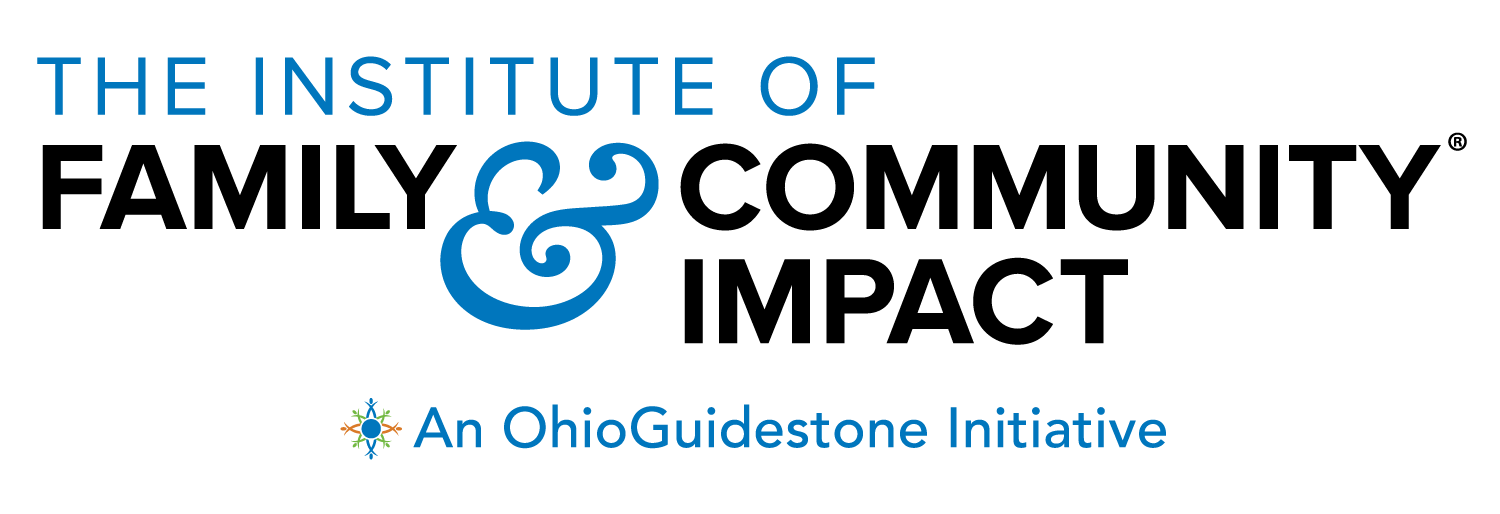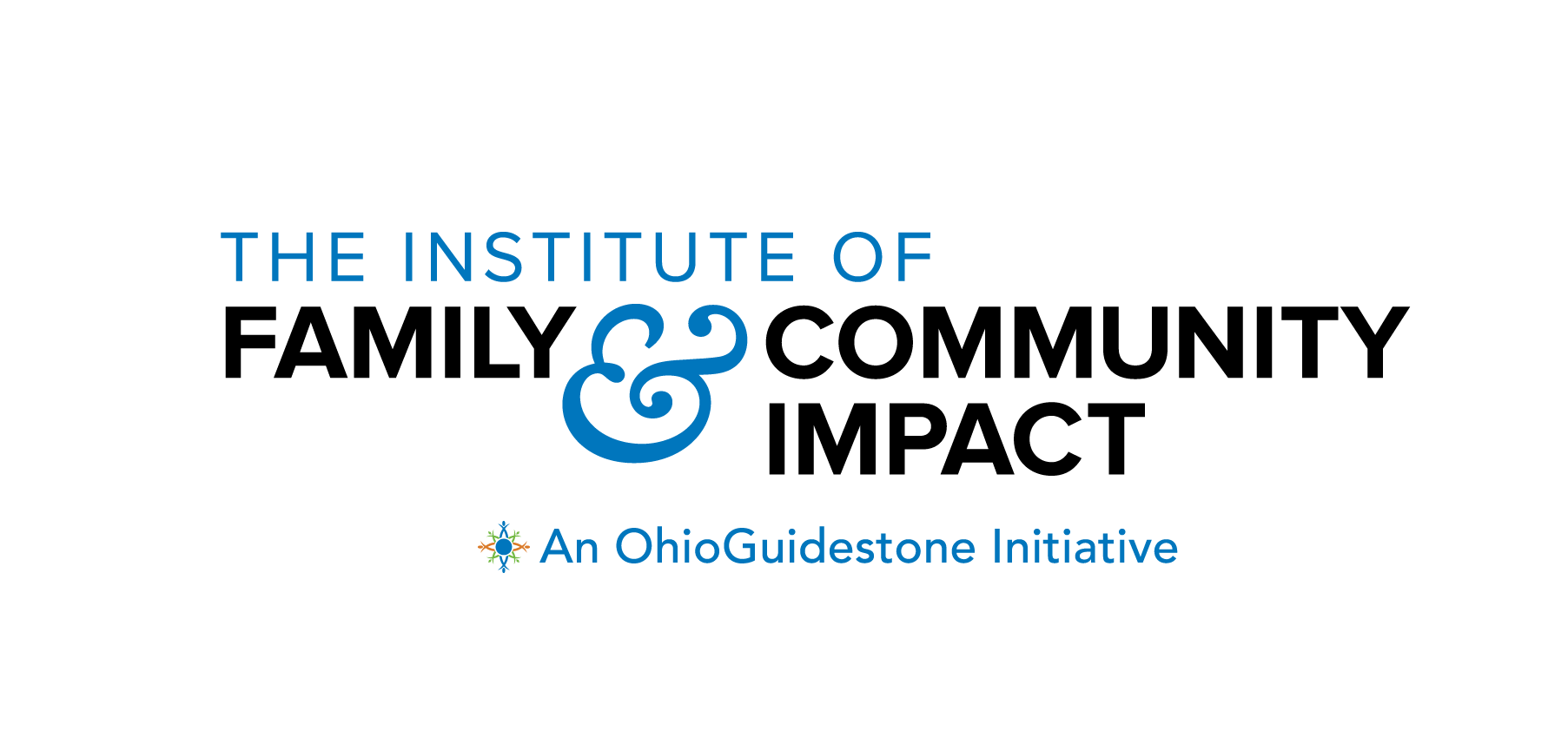
Superhero: Free 11-Step Recovery Intervention.
Table of Contents
What is this Recovery Intervention & Why are we Sharing it?
This month we are continuing our focus on addiction by introducing the idea that one can be their own superhero, even if just a little bit through our superhero recovery intervention.
Being a superhero for oneself does not mean that one should be utterly self-reliant and reject the help of others. Rather, it means recognizing, rediscovering and appreciating one’s strengths within, no matter how small they seem at the moment — a radical step of acceptance, and a move forward into healing.
CBT Plus recovery interventions use language that affirms the client’s ability to create change while recognizing the current reality of addiction within the client’s social context. In many ways, addiction is “easy.” Our contexts allow for infinite avenues that slide into addiction, not the least being the overabundance of prescription opioids driven by the profits and marketing of pharmaceutical corporations.
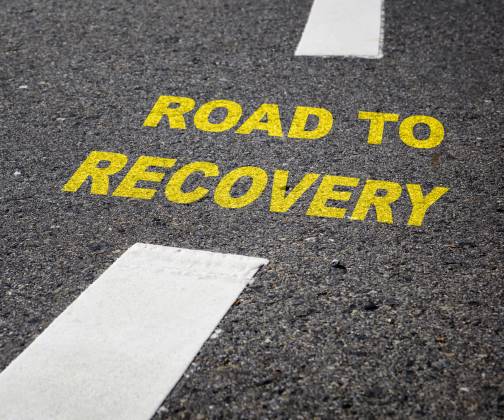
Superhero Recovery Intervention
Stages of Change: Contemplation, preparation, action, relapse.
Goal: Develop a client-driven recovery plan.
Method: Client will develop alternative coping skills and implement them to manage stressors and triggers to substance use.
What you will need: Any superhero costume or cape. Images of common superheroes. Poster board and marker.
1. Begin with empathy. Welcome your client and ask about making changes. Ask questions like these:
- In what way did having an addiction trip you up last week?
- What went well because you made changes?
If you are using this intervention in a group setting, ask each participant to briefly answer these questions, going around in a circle.
2. Introduce today’s task: Recognizing and activating the superhero within. You can explain the task like this:
- We have within us the ability to be our own superheroes. Addiction may lead us to believe that we can’t ever quit and that there is nothing we can do to save ourselves. But this is really not true. Being your own superhero just means taking steps toward sobriety and recovery every day. You may not be able to fly, but you can be your own hero.
3. Work on today’s task: Help your client explore her idea of a superhero by asking questions like these:
- Who is your favorite superhero?
- What does your favorite superhero do that you admire?
- What qualities does your favorite superhero have that you admire?
In a group setting, give each participant a chance to answer each question. If someone is not familiar with superheroes, you may want to hang up or pass around a list or images of popular ones.
4. Ask your client to identify a quality in herself that relates to one of the qualities of her favorite superhero, even if just a little bit.
Write that quality on the poster board in big, bold letters. If you are using this intervention in a group setting, go around the circle and give each person an opportunity to answer. Use your poster board to create a list of qualities.
5. Next, ask your client to identify something she does, no matter how insignificant it seems to her, that relates to one of the helpful things the superhero does.
Write this item in big bold letters on the poster board. If you are using this intervention in a group setting, go around the circle and give each person an opportunity to answer. Use your poster board to create a list of superhero-like actions.
6. Help your client explore ways in which she can use her superhero-like qualities and actions to help her own recovery. Ask questions like this:
- How can you use your ability to be __________ (insert superhero-like quality) to aid your own recovery?
7. If your client objects to being called a superhero, help her understand that being a superhero really just means being helpful to others, not being a bystander when things are dire.
8. Ask your client to put on the superhero cape.
In a group setting, each participant should get a chance to put on the cape. Ask group members to clap for each other when they are putting on the cape. If you are working with an individual client, provide positive feedback for the ways in which your client is already her own hero.
9. Summarize the entire Recovery Intervention:
You have helped your client explore and understand which superhero-like qualities she already has and what superhero-like actions she already takes. You have then bestowed upon your client the superhero cape.
10. Assign homework:
Give your client the following index card:
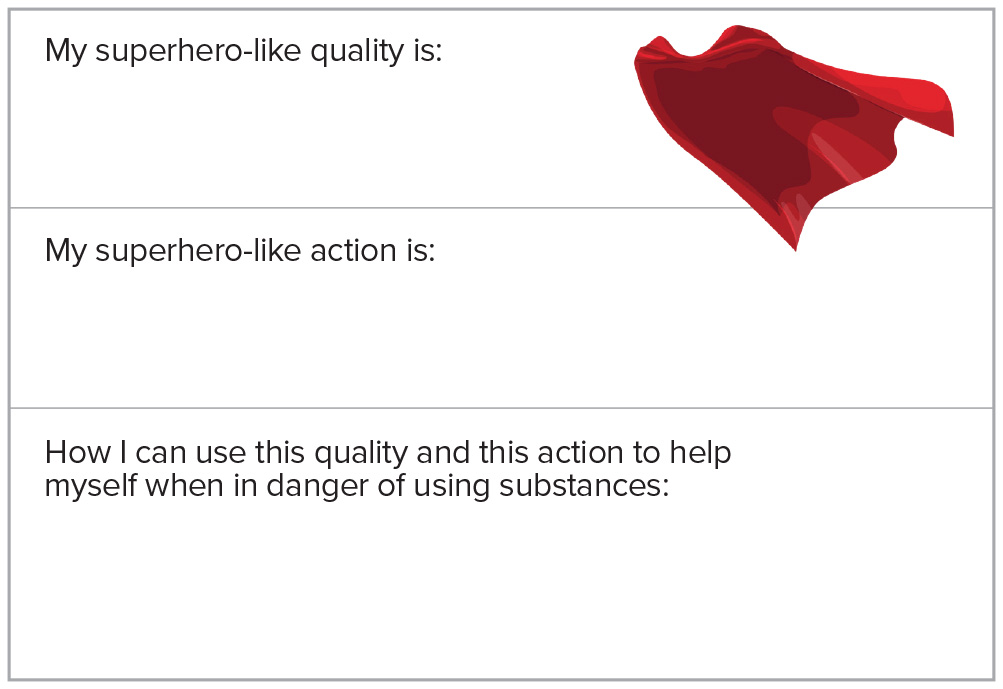
Ask your client to fill in the blanks, then carry the card every day and review it when she is struggling with the urge to use. Ask her to bring the card back to your next meeting.
11. Closing for this Recovery Intervention:
Send your client/group home with words of encouragement like:
- You already have the ability to help yourself. You can be your own superhero. Take small steps to help yourself.
Be sure to browse our full library of products, including our clinical manuals designed for a wide variety of contexts and treatment strategies.

Reinhild Boehme
Reinhild Boehme is a full-time lecturer at the Department of Social Work at Cleveland State University and clinical fellow at the OhioGuidestone's Institute of Family and Community Impact. Regarded as an expert in Trauma-Informed Care and community-based mental health, Reinhild brings substantial experience in clinical practice with diverse populations and the supervision of multi-disciplinary staff. Significant contributions include authoring the Institute of Family and Community Impact’s clinical treatment and intervention manuals, adapting evidence-based practices to the community mental health setting, as well as the creation of the innovative CBT Plus model. A skilled and experienced trainer and public speaker, Reinhild developed a Trauma Informed Care Training and Certification program for community mental health providers and isfrequentlyrequested as a speaker on issues of mental health treatment. Further accomplishments include contributions to the literature on imagery in mental health treatment. Both her work and her worldview are significantly informed by her experience as a mother and as a proud immigrant, negotiating and navigating two cultural identities. As such, she is passionate about amplifying the voices and experience of migrant and immigrant people in mental health treatment and evidence-based practices. Reinhild received herMaster’s Degree in Social Workfrom Widener University and herMaster’s Degree in Religionfrom Temple University and is a Licensed Independent Social Worker with supervisory endorsement.
